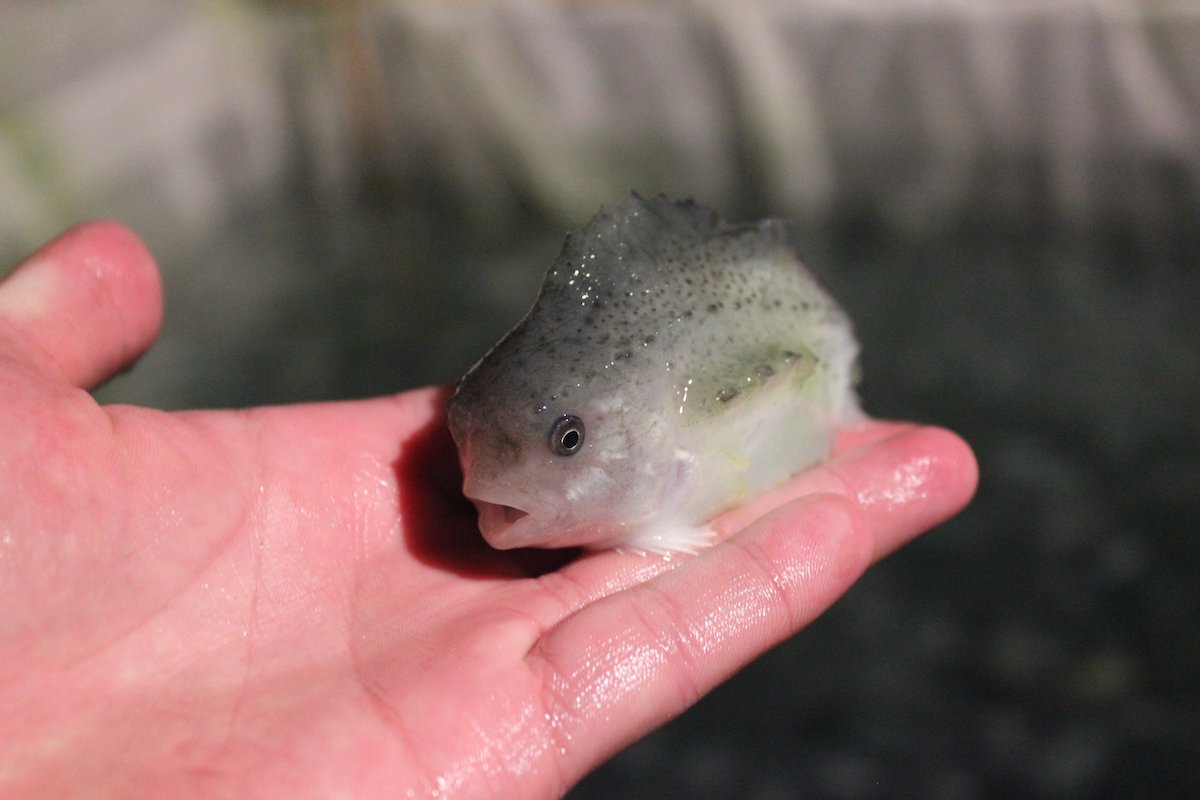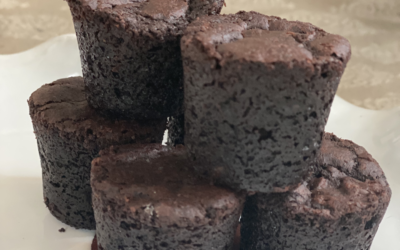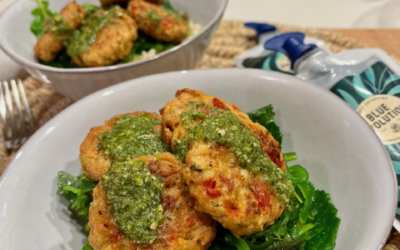INDUSTRY
Sustainable Aquaculture
Aquaculture offers a reason for hope. We’ll likely see another 3 billion people on the planet by 2050, leading to a massive increase in demand for food, land, and water. We have to find ways to feed the planet without increasing pressure on both terrestrial and marine habitats. Aquaculture, done well, offers a huge potential not only for producing food for a growing planet, but also for providing livelihoods to coastal communities and – in the case of shellfish or seaweed culture – helping recover lost ecosystem services.
If we get it right, aquaculture could be our best hope to sustainably feed the planet.
Importance
Humans’ appetite for seafood is outpacing what fisherman can sustainably catch
Scientists and activists have sounded the alarm that humans’ appetite for seafood is outpacing what fishermen can sustainably catch. In fact, in a study released last year, research suggests there is space on the open ocean for sustainably farming essentially all of the seafood humans can eat. A team of scientists led by Halley Froehlich and Rebecca Gentry, of the University of California, Santa Barbara, found that wide scale certifiable aquaculture utilizing ocean coastal waters could outproduce.
The oceans are
90% depleted
The oceans are 90% depleted, and animal protein raised on land is unsustainable. The U.N., by proxy, has said that the only way to meet the protein demand for a growing population must be done through aquaculture. Froehlich believes seafood consumption will eventually replace a considerable amount of land-based meat production. The result is that this will alleviate agricultural pressures on land and water resources.
Marine aquaculture could produce 4,000 pounds of fish per person
As the planet, whose human population is projected to reach 10 billion by 2050, continues to stretch to support it, aquaculture continues to be one of the most important and viable solutions. Marine aquaculture could produce 16.5 billion tons of fish per year, or about 4,000 pounds per person.
If we get it right, aquaculture could be our best hope to sustainably feed the planet.
JENNIFER BUSHMAN
Importance
%
of the average per capita animal protein intake is fish, so fish provides more than 2.9 billion with food
pounds per capita was the demand for seafood world-wide in 2016, up 36%, from the 1980s
%
of wild species are left depleted or exploited due to our appetite for fish
Aquaculture has the answer!
Use Sustainable Feed
Formulations that reduce or eliminate the use of wild fish to feed farmed fish. There are feed models now that algae, insects, and microbes rather than feeder fish.
Focus on Farm Management
Farming practices that keep fish healthy without antibiotics.
Exist in Harmony
Projects that have committed to being careful stewards of the environment.
Work with approved NGOs
Including Seafood Watch, Aquaculture Stewardship Council, Trace Register and Fish Choice.

BENEFITS OF SUSTAINABLY FARMED FISH
Farmed fish are the least impactful form of animal protein production in the world.

By utilizing frozen fish, you would reduce CO2 emissions by 90% with little or no food waste. Sustainable aquaculture has zero bycatch and actually adds nutrients and reduces waste in the water.
JENNIFER BUSHMAN
Industry Leaders
Through our collective efforts, we can make a huge impact in an effort to preserve both fishing and farming as viable options for the future. Everyone must commit to sustainability, our health, and the health of our oceans.
Blog
Recipe: Dulse Seaweed Chocolate Bouchons
If you or your Valentines has a sweet tooth, you’ll love these decadent chocolate bouchons. These tasty treats have a secret ingredient: dulse, a red seaweed that adds powerful nutrients and an irresistible hint of umami!
“Blue Foods Bowl” with Crab Cakes, Brown Rice, Whole Kelp, and Kelp Puree
I love making yummy crab cakes and pairing them with a wholesome grain like brown rice, greens or veggies like kale, and a drizzle of a kelp puree—a staple in the Sea Pantry. It’s the perfect blue foods power bowl for lunch or dinner and is surprisingly simple to make!
Recipe: Winter Babka with Cinnamon and Dulse
For so many years, my dad has been OBSESSED with babka. Here’s my take on this traditional twist bread. Baked with chocolate, cinnamon, and the lovely “chocolate-y” seaweed called DULSE, it would make my Jewish grandmother proud.



